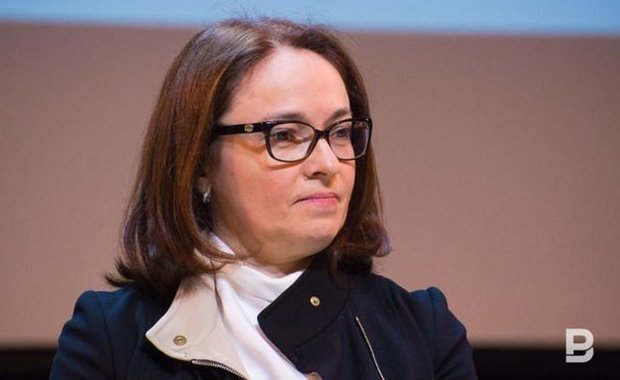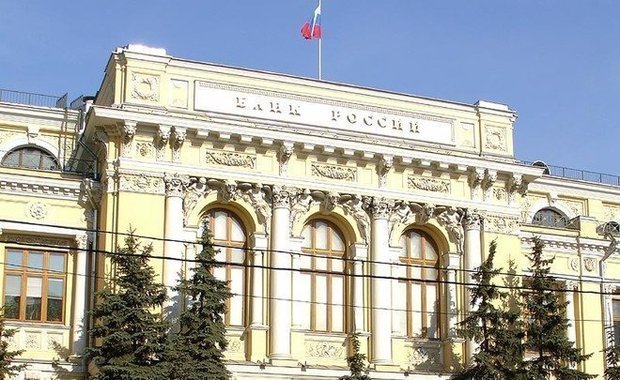''In 2019, the economy of Russia might really face an inflation shock''
At Realnoe Vremya's request, economist and analyst of Otkritie Broker Timur Nigmatullin wrote a column in which he tells about major macroeconomic tendencies in 2019.
''Inflation in 2019 might be 1,5 times higher than the Central Bank's target''
The last Russian economic crisis was also remembered for an inflation shock against the backdrop of the weaker ruble due to the fall in oil prices and sanctions of Western countries with a simultaneous refusal of the Russian Central Bank to back the national currency's rate.
So in 2014 inflation was 11,4%, while consumer price index in 2015 speeded up to 12,9%. Nevertheless, then oil prices pushed off the bottom, and the ruble consequently gradually got stronger. Of course, sanctions meanwhile went on tightening for a while. But having got rid of the burden of maintaining the rate, the Bank of Russia at the same time managed to completely focus on targeting inflation and even set a goal for it – 4%. Consumer price index gradually started to fall towards the expressed goal.
In 2016, inflation totalled 5,4%. In 2017, it was 2,5%, which is fantastic for Russia. However, it didn't become possible to keep inflation at the low level for long anyway. So according to last year's results, prices are expected to grow by 3,9% – notably higher than last year. Will the inflation pressure continue growing in 2019 and what inflation numbers should we expect?

Elvira Nabiullina: ''We really consider March-April as a possible peak of inflation, first of all, due to the rise in VAT.'' Photo: Maksim Platonov
In fact, the head of the Central Bank herself has recently answered this question. At the press conference after the December session of the Bank of Russia, Elvira Nabiullina said: ''We really consider March-April as a possible peak of inflation, first of all, due to the rise in VAT. During the peak, our major scenario suggests that inflation will be more than 5,5%, maybe about 6%, give or take.'' So at a moment, inflation in 2019 might be 1,5 times higher than the Central Bank's target.
''The population not only sees a high price level, it doesn't expect it to decrease in the future''
In addition, according to the same Bank of Russia's surveys, about 50-60% of companies dealing with construction, transport and trade plan to increase prime costs by 2-8% in answer to the change in VAT. Only 25% of the respondents didn't plan a rise in prices noting risks of falling demand and competition. As it is seen, the price level in some sectors might rise higher than average levels in the economy.
But the VAT rate is far from being the case. And this moment is very important to forecast further development of events.
Apart from the above-mentioned VAT, the weakening ruble due to sanctions, higher excises including on fuel as well as tobacco, automobiles and other goods adds fuel to the fire of inflation. Finally, these factors have a big impact on inflation expectations besides direct influence on inflation. According to the latest available November surveys of the population inFOM, inflation expected to growth by 0,5 pp by house managements grew to 9,8% in 12 months. Observed inflation didn't change and is equal to 10,1%. The difference between these two indicators – estimates and expectations – became minimum. The population sees not only sees a high price level, it doesn't expect it to decrease in the future.

All the enumerated above means two things in fact. There are many sources of inflation, and new ones constantly come up increasing the population's expectations of inflation. The higher the expectations are, the harder it is to target inflation. The regulator makes a decision to tighten the monetary policy in such situations: a higher key rate helps to reduce demand and investments in the economy by stimulating growth in savings and reduction in expectations/inflation. But the problem is so big that one could push the economy towards a recession with too much effort.
I don't think the Bank of Russia will take some exaggerated measures to keep inflation, and the expressed numbers to even 6% are quite real. Separate goods and services will become much more expensive in monopolised markets. So in 2019, the economy of Russia might really face an inflation shock, even if it's smaller than that of at the beginning of the crisis.